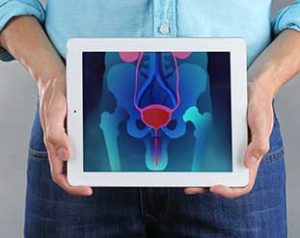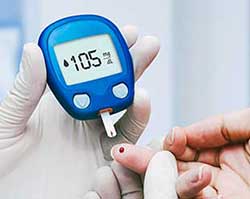Consult City's Top Doctors, The Minute You Need To
First Consultation starting
@ ₹249 ₹499
7809
Gynecologists
622208
Cases done
by Gynecologists
1840
Hospitals
Hypomenorrhoea
What is Hypomenorrhoea?
Hypomenorrhoea refers to a type of menstrual disorder where menstruation which is spotty or scanty. Such kind of menstrual periods showcases low blood flow, amounting to 80ml or less. The duration of hypomenorrhea is usually two days or less. Hypomenorrhoea treatment focuses on regulating the woman’s endocrine system and improving the hormonal balance. The doctor will examine the abnormality of the menstrual flow and will accordingly be able to rule out any underlying conditions.
Causes for Hypomenorrhoea
- More often than not, the reduced menstrual flow could be a side effect of hormonal contraception, IUDs or a relatively low estrogen resulting in a smaller growth of the endometrium, therefore, leading to less shedding during the menstrual cycle.
- Sometimes, hypomenorrhea can happen right after puberty or right before menopause because the ovulation is not as frequent at this time and the endometrial lining does not develop the usual way.
- Other causes of hypomenorrhea could be due to a decreased thyroid hormone level, a high prolactin level, a higher androgen level, and other issues related to the hormones.
- Sometimes, the causes of hypomenorrhea could be owing to emotional reasons. Due to factors such as workplace stress, the ovaries fail to ovulate at the time and thus periods become scanty.
Why see a Gynaecologist?
- For a woman, it is important to understand the causes of hypomenorrhea in order to take the necessary actions. The diagnosis for hypomenorrhea involves a blood test to check for the hormone levels, estrogen levels, insulin levels, etc.
- For women who have polycystic ovarian syndrome (PCOS), the blood test will show a higher level of insulin and androgen. In this case, a PCOS diet and lifestyle changes for women will be suggested in order to control hormone production.
- Apart from a blood test, understanding hypomenorrhea includes an ultrasonogram to check the thickness of the endometrium, size of the ovaries, etc. Dilation and curettage and MRI scans are other tests, too, to understand the causes of hypomenorrhea and how it can be remedied.
Hypomenorrhoea treatment:
Hypomenorrhoea treatment by the doctor includes a complete understanding of the woman’s history of menstrual cycles. If there are hormonal problems, then the doctors will suggest hormones to intake. However, often the results turn out to be normal. In such cases, the patient needs to be given reassurance and given an explanation behind the process to normalise the hormonal levels.
When to seek help?
If you suspect you have symptoms of hypomenorrhea, it is important to consult a gynecologist. They might refer you to an endocrinologist depending upon the severity of the condition. You can download the mfine app to schedule an instant consultation with top gynecologists and endocrinologists.
Other Specialities
Give a missed call to 08061914343 to Download the App
































